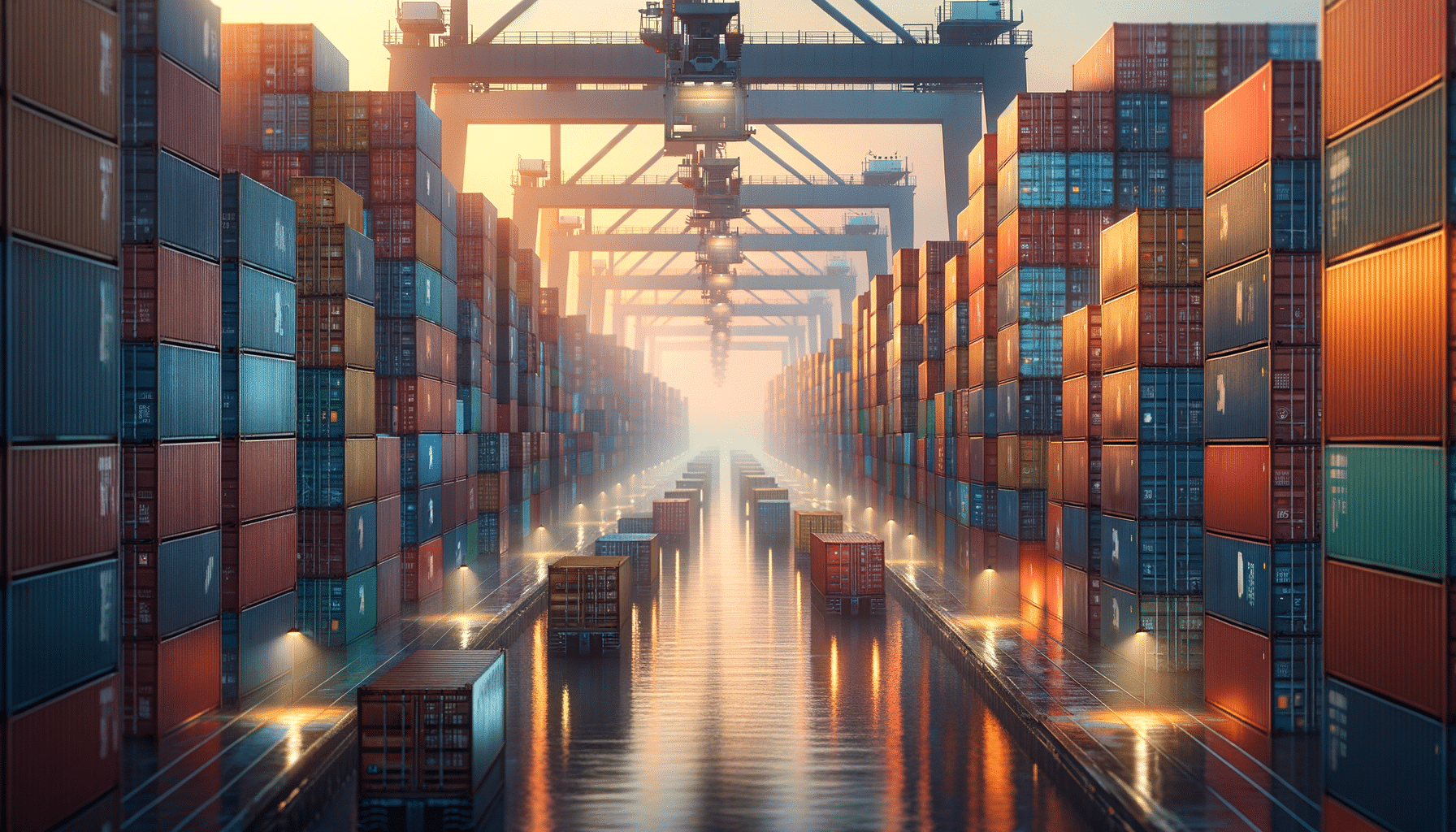
Understanding Freight Forwarding Systems: An Overview
Introduction to Freight Forwarding Systems
In the bustling world of logistics and transport, freight forwarding systems play a pivotal role. These systems, often described in various ways such as freight forwarding systems or forward freight systems, are essential for the seamless movement of goods across the globe. The terminology might vary, but the core idea remains the same—organizing the forwarding and transport processes efficiently. This article delves into the nuances of freight forwarding systems, exploring their significance and the contexts in which they are most commonly applied.
The Core Functions of Freight Forwarding Systems
Freight forwarding systems serve as the backbone of international trade, ensuring the smooth transit of goods from one point to another. At their core, these systems are designed to manage the logistics and transportation of goods, providing a comprehensive solution to businesses worldwide. The primary functions include:
- Coordinating with various carriers to ensure timely delivery.
- Handling all necessary documentation, including customs paperwork.
- Providing warehousing and storage solutions when needed.
- Offering insurance to protect goods during transit.
These functions are crucial for businesses that rely on the global supply chain, offering peace of mind that their products will reach their destination safely and on time. By leveraging freight forwarding systems, companies can focus on their core operations, leaving the complexities of logistics to the experts.
Technology and Innovation in Freight Forwarding
The freight forwarding industry has witnessed significant advancements in technology over the years. With the rise of digital tools and platforms, the management of freight forwarding systems has become more efficient and transparent. Innovations such as real-time tracking, automated documentation, and AI-driven analytics have revolutionized the industry, providing businesses with more control and insight into their logistics operations.
Moreover, the integration of blockchain technology is offering unparalleled transparency and security in freight transactions. By ensuring that all parties involved have access to the same data, blockchain minimizes the risk of discrepancies and fraud, enhancing trust in the supply chain.
These technological advancements not only improve operational efficiency but also enhance customer satisfaction by providing real-time updates and insights into their shipments.
Challenges in Freight Forwarding Systems
Despite the advancements, freight forwarding systems face a myriad of challenges. One of the most significant issues is the complexity of international regulations, which can vary drastically from one region to another. Navigating these regulations requires expertise and constant vigilance to avoid costly delays and penalties.
Another challenge is the environmental impact of freight transportation. With increasing pressure to reduce carbon footprints, freight forwarders are exploring greener alternatives and more sustainable practices. This includes optimizing routes to reduce fuel consumption and investing in eco-friendly technologies.
Lastly, the industry must contend with fluctuating market conditions, such as changes in fuel prices and political instability, which can disrupt supply chains and affect the cost and efficiency of freight forwarding.
The Future of Freight Forwarding Systems
Looking ahead, the future of freight forwarding systems appears promising, with continued advancements in technology poised to address many of the current challenges. The adoption of artificial intelligence and machine learning is expected to enhance predictive analytics, allowing for more accurate forecasting and decision-making.
Additionally, the push towards sustainability will likely lead to more innovations in green logistics, with companies increasingly adopting practices that minimize their environmental impact. This shift not only benefits the planet but also aligns with the growing consumer demand for eco-friendly business practices.
Ultimately, the future of freight forwarding systems will be shaped by the ability of companies to adapt to changing technologies and market demands, ensuring they remain competitive in an ever-evolving industry.


